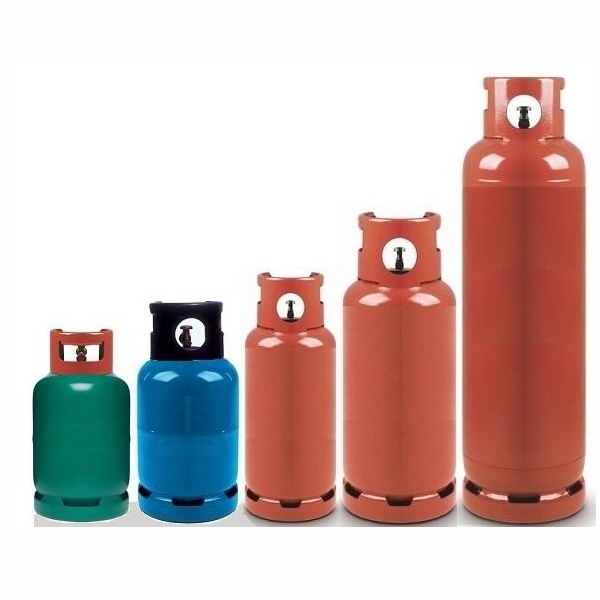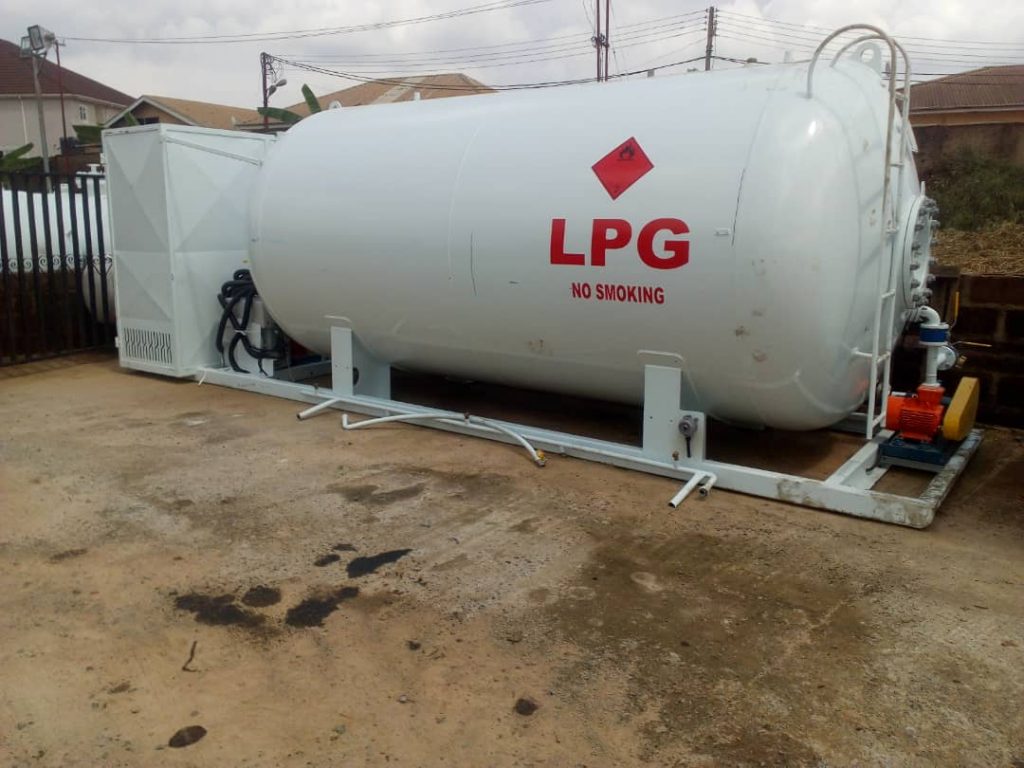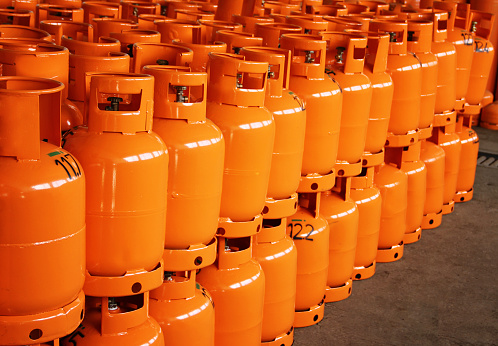The Nigerian Liquefied Petroleum Gas Association (NLPGA), has solicited for the Federal Government’s intervention in forms of incentives to enable the country achieve two million tonnes consumption of cooking gas yearly.
The NLPGA President, Dayo Adeshina, disclosed that Nigerians consumed about 500,000 tonnes of cooking gas in 20I6, noting the improvement showed the potential will continue to increase.
“If the government intervenes, we can shift from 500,000 tonnes per annum to two million tonnes per annum. What we want from the government is support in areas like reduction of tariffs and duties reduction on imported LPG equipment, a concession for foreign exchange. We expect better engagement from the government in areas of tariff and intervention fund,” he added.
He commended President Muhammadu Buhari for the ratification of the Paris Agreement on climate change, saying it is a step in the right direction, and also urged the government to ensure full and speedy implementation of the agreement.
They also warned against poor implementation that could deny Nigeria the $4.5 billion benefits that are expected to accrue from implementing the climate agreement.
President Buhari had recently signed the instrument of ratification of the Paris Agreement on Climate Change. He initially signed the first draft of the agreement at a special event in New York, hosted by the former United Nations Secretary-General, Ban Ki-moon, in September 2016.
The Paris Agreement (French: Accord de Paris) is within the United Nations Framework Convention on Climate Change dealing with greenhouse gases emissions mitigation, adaptation and finance starting in the year 2020.
With the ratification, Nigeria has committed to reducing greenhouse gas emissions unconditionally by 20 per cent and conditionally by 45 per cent. The Paris agreement is expected to deliver $100billion per year by 2020, in support of developing countries to take climate actions.
Under the agreement, each country submitted an emissions reduction proposal known as Intended Nationally Determined Contributions and Nigeria is considering 30 per cent energy efficiency in industries, homes, businesses and vehicles, and increased use of natural gas in generators and renewable energy.
Other measures being considered includes stopping gas flaring, capturing of gas, setting standard for appliances, generators, buildings, and climate smart agriculture. All of these are expected to lead to $4.5billion benefits for the country.
Adeshina said the use of LPG should play a major role in achieving the objectives of the agreement, which he said were geared towards avoiding the most devastating effects of climate change by cutting carbon emissions.
He said: “If Nigeria must reduce greenhouse gas emissions unconditionally by 20 per cent and conditionally by 45 per cent, then it is important for the government to promote domestic use of LPG.”
Adeshina, who decried the abysmal domestic LPG usage in Nigeria, said about 30 million households and more than 100 million Nigerians depend on firewood as a source of energy for cooking with it attendant collateral damage to human health and the environment.
He said: “LPG still contributes less than 10 per cent of cooking fuel in Nigeria and such a scenario cannot be allowed to persist if we must achieve the objectives of the Paris Agreement on climate change. Apart from providing a cleaner environment, LPG could be used as autogas and power generation services that will help boost Nigeria’s emissions reduction agenda. However, we need government’s support to deepen LPG usage in the country.”
The Executive Secretary, NLPGA, Joseph Eromosele, said the major problems bedevilling the LPG market include inadequate infrastructure (particular at import jetties and with cylinders), insufficient enforcement of regulations, and an insufficient number of players in the market, financial disincentives, and unofficial and undeclared production and diversion of supplies.




